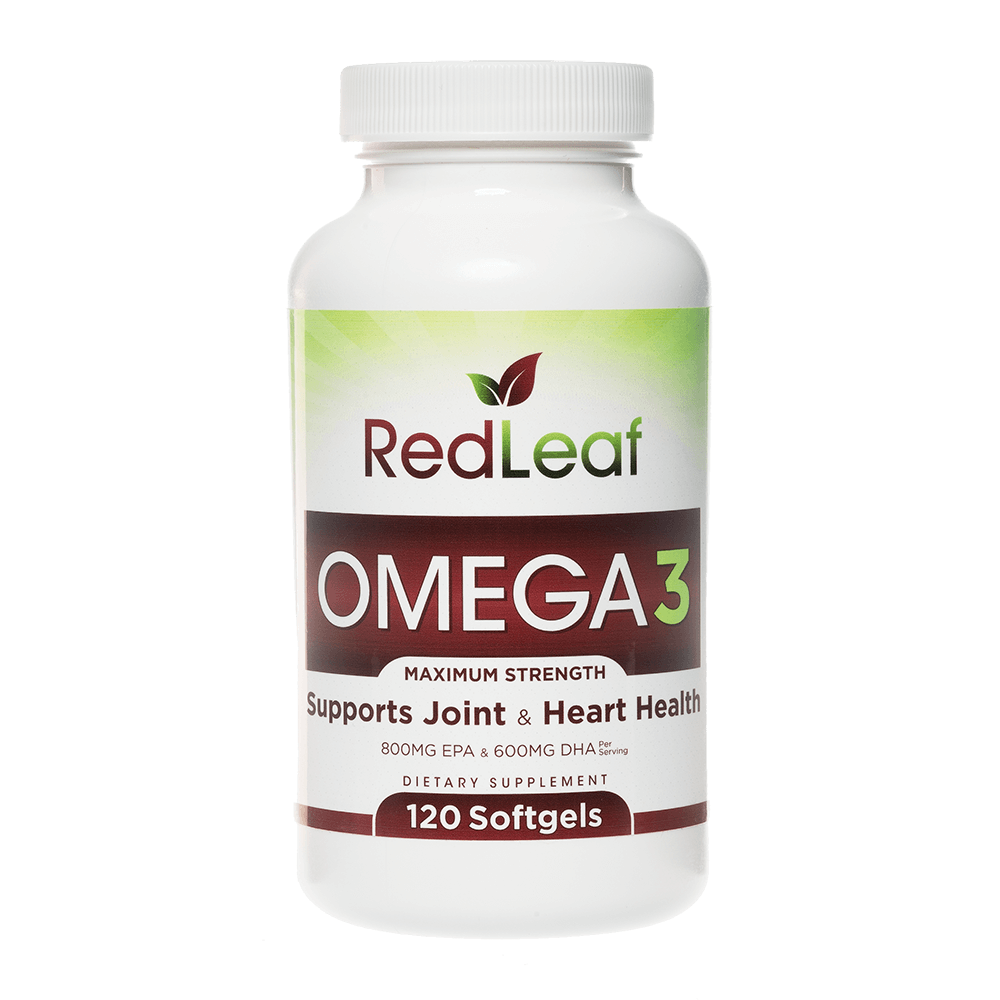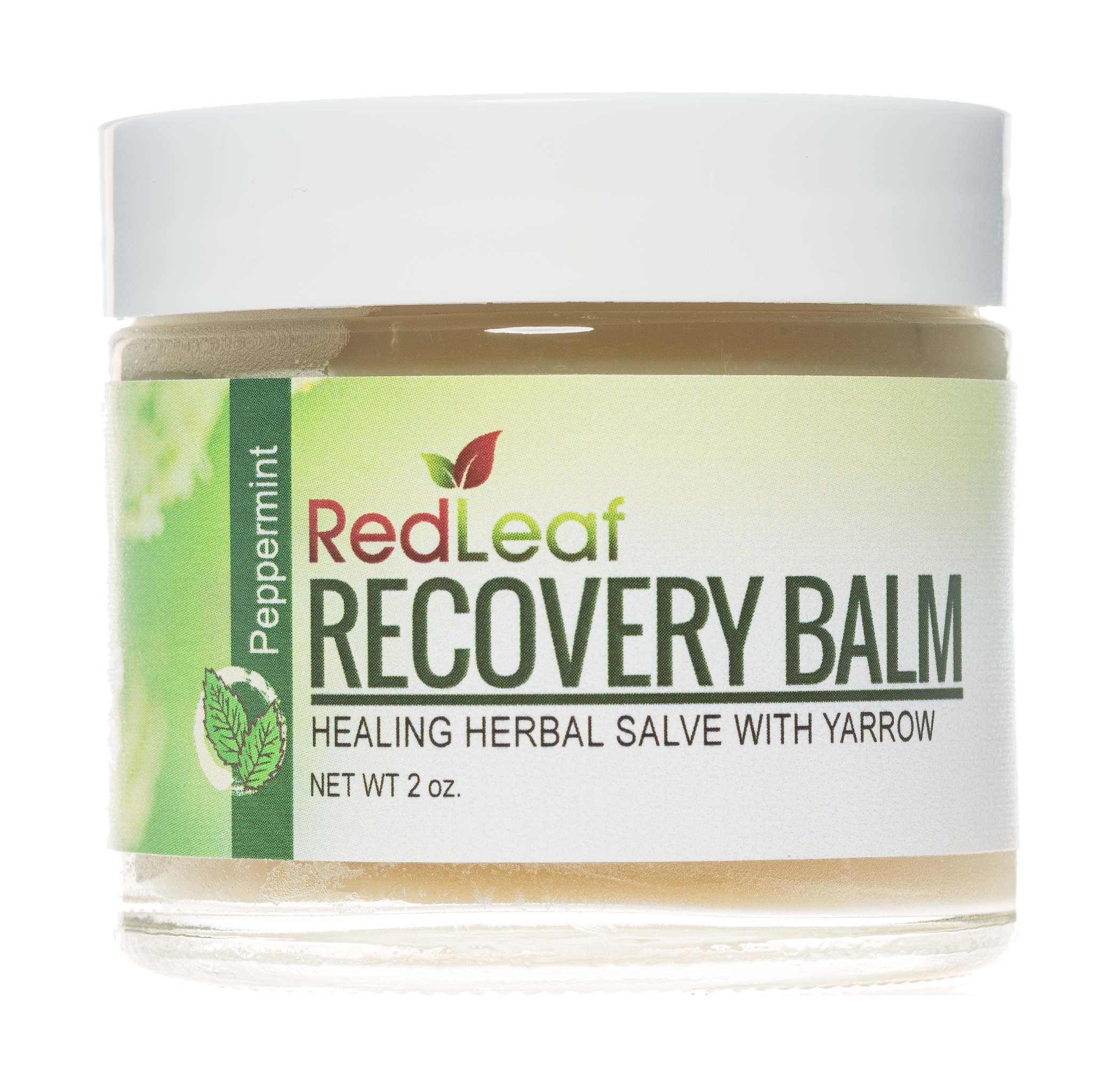
spoon with dietary supplements on fruits background
Americans spend approximately $21 billion dollars on dietary supplements every year – that’s a lot of cash for an industry without regulation and with a bunch of companies using proprietary blends to hide their ingredients from you, their user. Given all of the investment in supplements by the population, it is important for you to know which supplements are unnecessary. Specifically, we’ll cover which ingredients simply aren’t worth your hard-earned cash.
What supplements are unnecessary? The ingredients not worth the hype:
It is not that there is anything wrong with these ingredients – they won’t hurt you – but typically their inclusion in a supplement only drives the cost up and doesn’t amplify the health benefits of the supplement. Whenever you buy a supplement, whether it’s RedLeaf or another product, you want to read the ingredient label and be certain the ingredients will help you toward your goals.
Coconut Sugar
Coconut sugar comes from, you guessed it, coconuts. But not the fruit; coconut sugar is made from the cut flowers of the coconut palms. As you may have also noticed, it is still sugar. Coconut sugar has been marketed as a low-glycemic alternative to regular sugar, but glycemic index of a food is a non-issue. The most common use of coconut sugar is in protein powders. Protein slows down how quickly you absorb nutrients, and brings down the overall glycemic load of your food. Besides, when there is a healthy sugar alternative such as stevia, why would we choose coconut sugar?
Glutamine
Glutamine has turned into one of those stand-alone supplements which people take because it is popular – not because it works. In a controlled study using two groups, one taking glutamine and one taking a placebo, the glutamine group did not gain in size or strength as compared to the placebo group. When you can’t beat a placebo, you aren’t worth buying.
Multivitamins
Okay, this is less of an ingredient and much more of a full product, but multivitamins have simply never been shown to be effective in your supplementation plan. Why is this? Well, first and foremost, your body needs to consume fat along with many of the vitamins found in a multivitamin. That is why a salad dressed or cooked with olive oil is a great choice even though it increases the calories of your salad. Additionally, when you take a multivitamin, it is likely you are going to go well over your needed amount for a few vitamins. All that excess you will lose when you pee. The better option? Find out which nutrients you are deficient in and supplement those appropriately.
Remember to keep an open mind
All of the research points to these ingredients and many others being ineffective for the general population. But you know what is great about science and research? It constantly changes and improves. In the coming years, they may discover that glutamine is actually a great supplement and more people should take it. If that happens, we’ll be changing our tune, for sure, and you should too. Also, an individualized supplement plan is always the way to go and will teach you what supplements are unnecessary for your routine. If you know you need a particular nutrient, search out the purest supplement on the market, and see if it has an impact. We bet it will.



